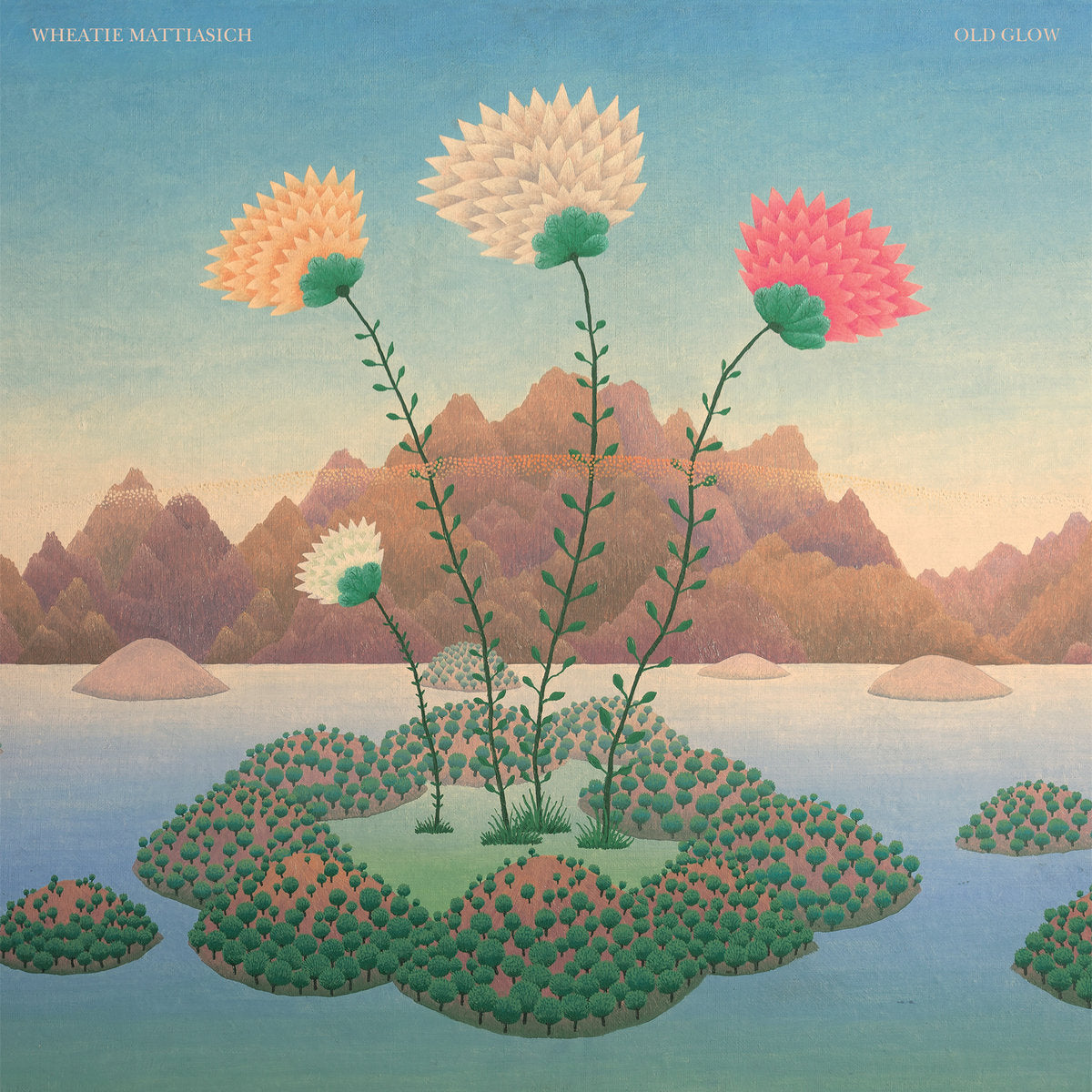Wheatie Mattiasich - Old Glow LP
Wheatie Mattiasich - Old Glow LP
Couldn't load pickup availability
The first time I heard Wheatie’s music was at a basement show in Philadelphia, and I was entranced. I’ve felt similarly when watching videos of the French singer Barbara as she concentrates on a corner of the room, her eyes big warm coins, singing “La solitude” about a loneliness that “rolls around the hips” and demands that the door is opened. It’s Barbara’s self-possession that haunts me, her willingness to do publicly what I can only find alone. It’s not so much sound but a spirit that Barbara and Wheatie share: Both make music that is as gorgeous as it’s eerie and says a good deal about the workings of their own minds—and by that, I don’t mean that they reveal their psychology—but they take us deep into their peculiarities as musicians.
After Wheatie’s set, I asked where I could get a record, and assumed there must be one—surely, I’m late here—because I wasn’t alone. Everyone at that show was visibly mesmerized. It’s been a few years since then, but I haven’t forgotten it, couldn’t, and have waited for Wheatie’s debut, Old Glow, which captures and renews the hypnotic mystery of her set that night. For Old Glow, Wheatie has collaborated with Stephen Santillan, who plays keyboard and guitar, while she’s on the keyboard and dulcimer, and of course, her distinct vocals.
Wheatie and Santillan’s album includes “Blue,” which feels like a lyrical invocation that I can imagine under a canticle’s heightened rubric, requiring the congregation to stand as it’s being sung. This song also establishes the harmonium dream-weaving, and a natural pull toward minor scales, which will take us through most of the album—a sound that can be gloomy, but Wheatie’s voice is a luminescent top coat. It comes to us from a long time ago, a voice used for medieval incantations, traditional ballads, and ancient and supernatural myths about solitude, played through the drainpipe.
Old Glow contains a private, condensed language that can only be built by solitude and a willingness to forego readymade forms. The problem with language is that, in order to speak, write lyrics, write about them, you must translate the peculiarity of the self into material script. When the heart is inarticulate. When literary language is often too precise. We’re too trained up in it. There is a version of this kind of music that goes the route of slick pop, or becomes lazy because it's beautiful, but Wheatie’s music is distinguished by an elemental weirdness, a plaintive and wonky carnival way off in the distance—this is what it sounds like to submit the self to itself. On the track “Low,” she ululates, “It’s OK to be low. It’s OK to be low.” And because Wheatie has an uncanny ability to make something strange out of the familiar, it feels like a singular utterance. I have not heard it before. As if an old well could talk.
There are also several moments of spontaneity in Old Glow. “Canyon” brings more rock, and the harmonium gets country in “Rose.” These turns make the album feel complex, like an epic about connection, loss, the inevitability of our being alone. Nico’s nightmarish Desertshore also moves along a similar queasy spiral—its emotional locus is precise, even though the music is impenetrable. Death and despair in Desertshore, like solitude in Old Glow, is palpable. They can’t help but continuously return to it.
One of this album’s many strengths, to my mind, is its willingness to find a language, a mode, and not interfere with it too much. These songs are built by slow accretion. They’re purposeful. I think of a ceaseless fabric, reminiscent of Wilburn Burchette’s Psychic Meditation Music—listening to this music can render you gummy, stir you into putty, spackle you in the cracks. It would be a mistake to believe that it is simple because it seems as if it could go on forever.---Chelsea Hogue Ohlman IL 2022


